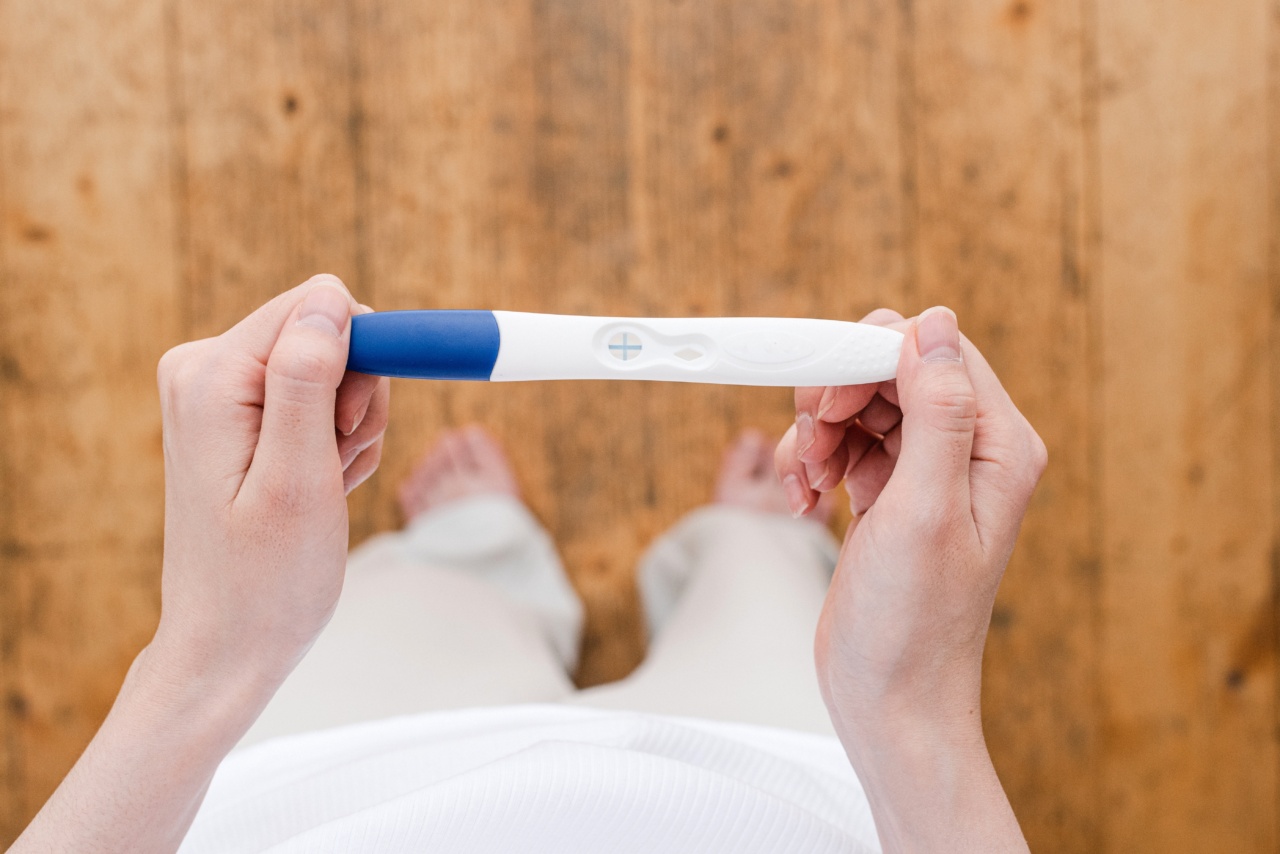Artificial fertilization, also known as assisted reproductive technology (ART), has revolutionized the field of reproductive medicine, allowing millions of couples to overcome infertility and achieve their dreams of parenthood.
However, along with the numerous benefits and advancements, ART procedures can also bring about certain complications. One such potential complication is maternal diabetes, which can have significant implications for both the mother and the developing fetus.
In this article, we will explore the link between artificial fertilization and maternal diabetes, its causes, consequences, and potential management strategies.
Understanding Maternal Diabetes
Maternal diabetes refers to diabetes that is either pre-existing or develops during pregnancy. It can manifest as gestational diabetes, pre-gestational diabetes (such as type 1 or type 2 diabetes), or even a temporary impairment of glucose metabolism.
Regardless of the type, maternal diabetes poses unique challenges and requires close monitoring and management to ensure the well-being of both mother and baby.
Link between Artificial Fertilization and Maternal Diabetes
Several studies have indicated a correlation between artificial fertilization procedures, such as in vitro fertilization (IVF), and an increased risk of developing gestational diabetes.
IVF involves stimulating the ovaries to produce multiple eggs, which are then fertilized in a laboratory and transferred back into the uterus. This process can lead to hormonal imbalances and alterations in glucose metabolism, thus increasing the risk of gestational diabetes.
Additionally, factors such as advanced maternal age, obesity, and underlying insulin resistance can further contribute to the development of maternal diabetes in individuals undergoing artificial fertilization.
Causes and Risk Factors
The exact mechanisms underlying the development of maternal diabetes in the context of artificial fertilization are not fully understood. However, certain causes and risk factors have been identified:.
1. Hormonal Imbalances
The administration of hormones during artificial fertilization procedures can disrupt the delicate balance of insulin and other metabolic hormones, increasing the risk of insulin resistance and gestational diabetes.
2. Advanced Maternal Age
Women who undergo artificial fertilization procedures often tend to be older, as age-related infertility is a common indication for such interventions. Advanced maternal age is associated with a higher likelihood of developing gestational diabetes.
3. Obesity
Obesity is a well-established risk factor for infertility and gestational diabetes. Many individuals seeking artificial fertilization may already have a higher body mass index (BMI), further heightening the risk of developing maternal diabetes.
4. Underlying Insulin Resistance
Individuals with underlying insulin resistance, such as those with pre-gestational type 2 diabetes, polycystic ovary syndrome (PCOS), or metabolic syndrome, may be predisposed to developing gestational diabetes following artificial fertilization procedures.
Consequences of Maternal Diabetes
Maternal diabetes can have significant consequences for both the mother and the developing fetus:.
1. Maternal Complications
Uncontrolled maternal diabetes during pregnancy increases the risk of various complications, including preeclampsia (high blood pressure during pregnancy), preterm birth, cesarean section, and postpartum hemorrhage.
It can also predispose the mother to the long-term development of type 2 diabetes.
2. Fetal Complications
Exposure to high maternal glucose levels can have detrimental effects on the developing fetus.
It increases the risk of macrosomia (large birth weight), birth injuries, neonatal hypoglycemia (low blood sugar), respiratory distress syndrome, and an increased likelihood of developing obesity and type 2 diabetes later in life.
Managing Maternal Diabetes in the Context of Artificial Fertilization
Early identification and proper management of maternal diabetes are crucial to minimize the associated risks. The following strategies can be employed:.
1. Preconception Counseling
Individuals planning to undergo artificial fertilization should receive preconception counseling, during which their existing diabetes status and risk factors can be assessed.
This helps in optimizing glycemic control before conception, reducing the likelihood of complications.
2. Close Monitoring during Pregnancy
Pregnant women with a history of artificial fertilization and maternal diabetes require close monitoring of their blood glucose levels.
Regular check-ups, including fasting and postprandial glucose measurements, can help identify any deviations from optimal glycemic control.
3. Nutritional Guidance
A well-balanced diet, low in refined carbohydrates and rich in fiber, plays a vital role in managing maternal diabetes. Nutritionists can provide personalized meal plans to regulate blood glucose levels and promote a healthy pregnancy.
4. Insulin Therapy
In cases where dietary modifications and exercise alone do not achieve adequate glycemic control, insulin therapy may be necessary.
Regular self-monitoring of blood glucose levels and insulin administration, as per a healthcare professional’s guidance, helps to maintain tight glycemic control.
Conclusion
Artificial fertilization has undoubtedly offered hope to many couples struggling with infertility. However, it is essential to recognize and manage the potential complications associated with these procedures.
Maternal diabetes, particularly gestational diabetes, has been identified as a potential risk. By understanding the causes, consequences, and appropriate management strategies, healthcare providers can ensure the best outcomes for both mothers and babies who undergo artificial fertilization.





























